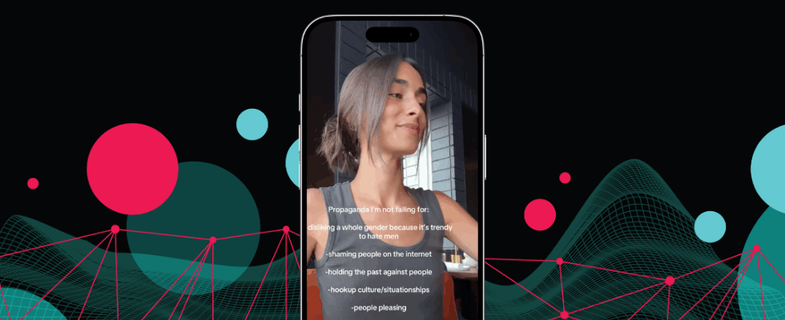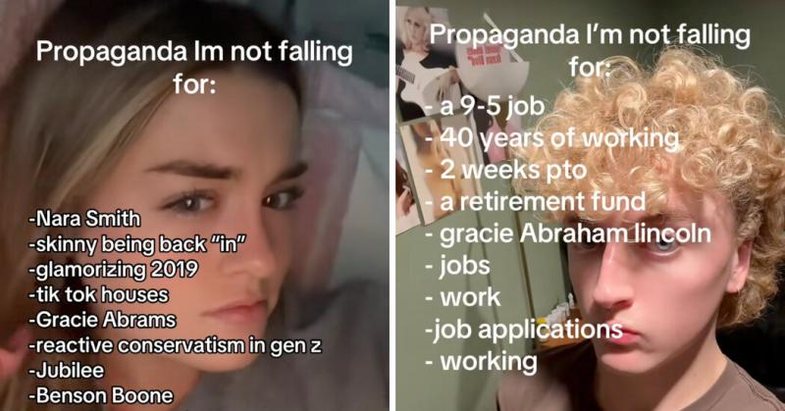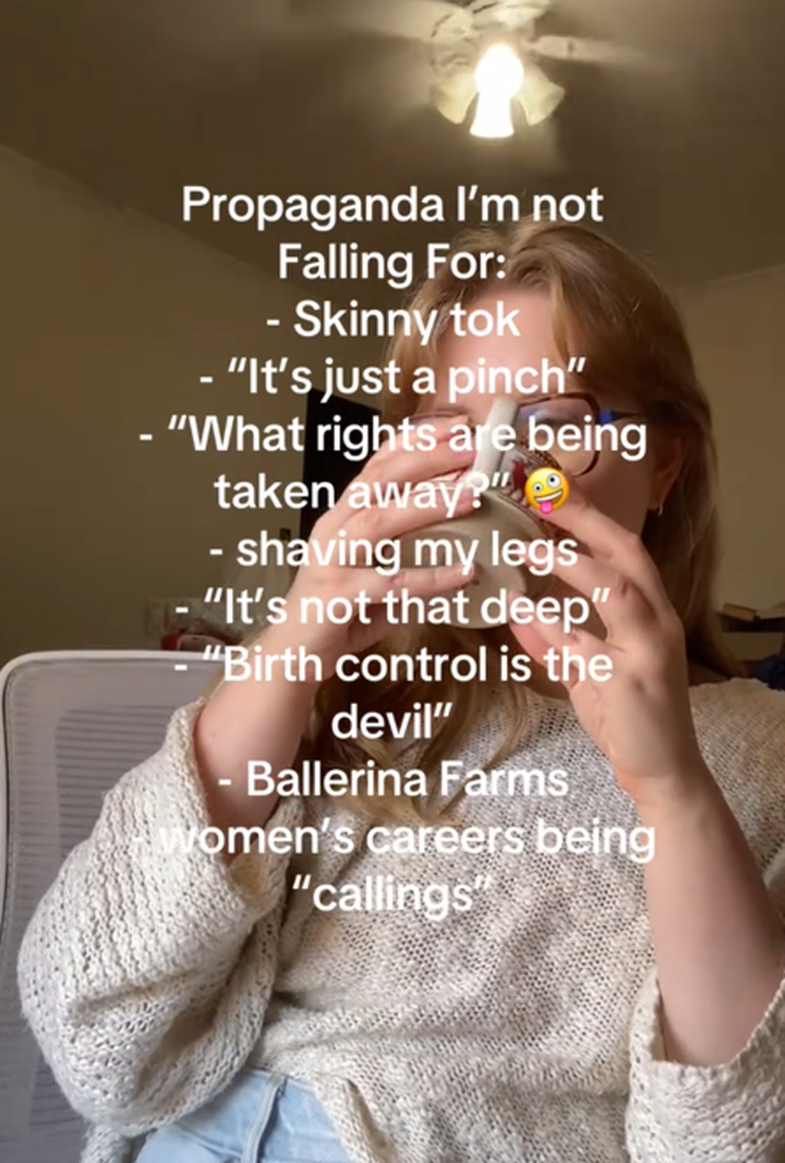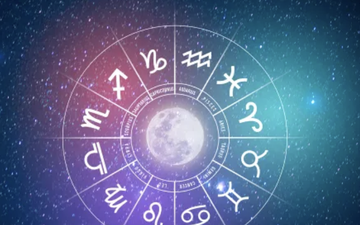
In May 2025, a new trend exploded on TikTok, capturing the attention of users and the media: #PropagandaImNotFallingFor. This trend involves videos where creators, mostly young women, share lists of social phenomena and norms that they consider manipulation or unwanted pressures.
What is this trend?

Essentially, this trend is a satirical and self-reflective form of critique of the societal pressures and aesthetics often promoted on social media. Users create videos with lists of what they call "propaganda" — ideas, trends, or norms that they disagree with or oppose. These lists often include:
1. The “clean girl look” aesthetic
2. Using Botox
3. Dating apps
4. Disposable face towels
5. Normalizing OnlyFans
6. Facial gels or soaps over 20 thousand new lek
7. Trends that promote the very thin body (Skinny-tok)
8. Reading books only to be productive, not for pleasure
9. The pressure to get married as soon as possible
10. Foods that promise miracles
11. The idea that girls dress up and wear make-up just to impress boys
12. Describing women as “basic” for simple or familiar tastes
13. Health and wellness trends that become meaningless “fads”
14. The pressure to always be positive and happy
15. Promoting minimalist style as the only way to live a successful life
16. Excessive belief in astrology and horoscopes
17. The idea that success is measured only by money and social position
18. Cultures that glorify hard work
19. Fashion trends that spend a lot of money on "popular" clothes
20. The pressure to have a perfect life on social media

Why is it so popular?
This trend has resonated with many TikTok users, especially those in Generation Z, who feel overwhelmed by the pressures of aesthetics and consumption. At a time when many trends and social norms are quickly disseminated on social platforms, this trend provides an opportunity for individuals to express their opinions and challenge what they see as unwanted manipulations.
Reactions and impact
This trend has sparked widespread discussion on social media. Some users see it as a way to challenge norms and promote self-acceptance, while others see it as a new form of humor and irony. However, there are also critics who consider this trend to be another form of consumerism and performance on social media.
Suggested articles:





